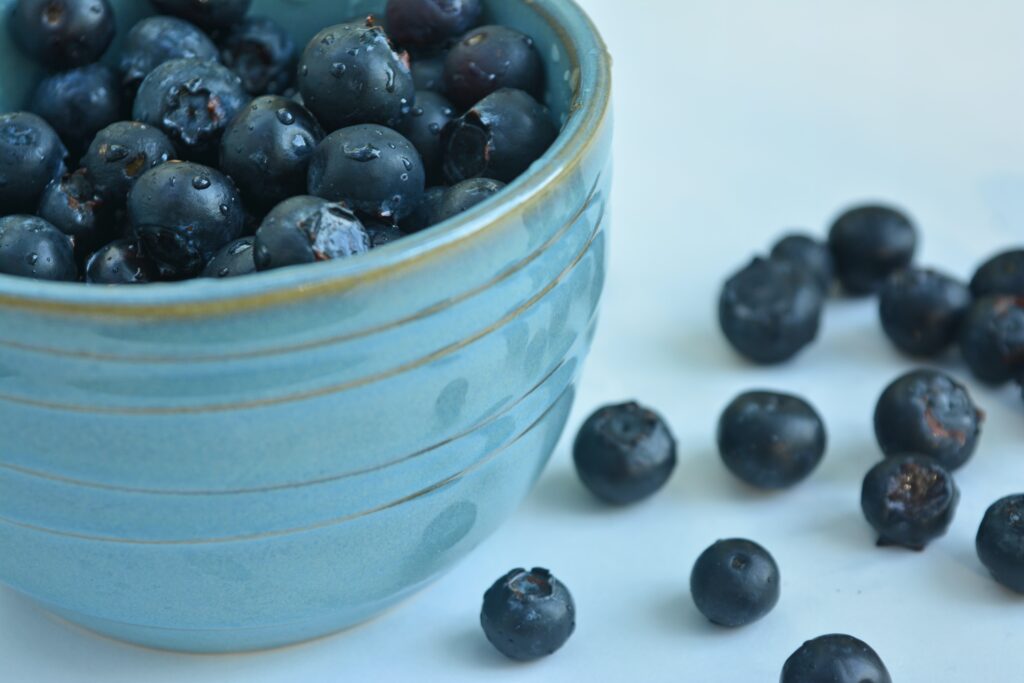Energy Do’s and Don’ts
May 19, 2023
Low energy is extremely common. So much so that doctors have a name for it – TAT (tired all the time). In this article, we discuss some do’s and don’ts related to optimal energy levels.

Do’s
1. Eat a varied whole food diet to ensure you are getting enough micronutrients
In food diaries, I often observe a tendency to eat the same meals again and again. This is problematic, because if you consistently eat the same foods, you will likely be missing out on essential nutrients that are only acquired through a varied diet. Many of these nutrients contribute to processes involved in energy.
When it comes to increasing the diversity of your diet, start with one meal. Let’s say, for example, you eat yoghurt, banana and granola for breakfast every day. Can you start swapping the banana for blueberries three days a week? Can you swap the granola for an alternative brand three days a week? Can you find a recipe for a different nutritionally balanced breakfast and eat that twice a week?
2. Look after your gut health to ensure that you can absorb food properly
Gut health impacts many aspects of our health. One important element of gut health is how it impacts our ability to absorb and use nutrients from the food we eat. When our gut health is suboptimal, we may notice signs of nutrient deficiency such as low energy.
Ensuring that you eat a diverse range of plant foods and including probiotic fermented foods and drinks in your diet like kimchi, sauerkraut, kefir and kombucha is a great place to start.
3. Include sources of iron in your diet
There are two types of iron. Heme iron is found in animal products like beef, poultry and seafood. Non-heme iron is found in plant foods like spinach, lentils and tofu. Non-heme iron is less easily absorbed than heme iron, so you may need to eat more of it. Pairing iron with foods rich in vitamin C improves the absorption of iron, so pair your sources of iron with broccoli, red pepper or even just a squeeze of lemon.
4. Get your iron and B12 levels tested
In nutrition, we have a saying, “test, don’t guess”. If you constantly feel low energy, get your iron and B12 levels tested with a doctor, as these nutrients are vital for energy.
It is also important to go to the doctor if you feel unexplained fatigue, as there may be some conditions that are necessary to rule out to be safe.
Dont’s
1. Supplement iron without testing
In clinic, I often see clients who have put themselves on iron supplementation due to fatigue without getting tested at the doctor. This is unsafe, as too much iron is toxic for the body. Always get tested before supplementing.
2. Rely on caffeine or sugar
Amongst my clients, I often see a reliance on caffeine and/or sugar to get through the day. Whilst coffee and sugar can indeed give us a short term energy boost, what goes up must come down and we are then left with an energy dip. Those familiar with the 3pm slump will know this feeling well. Continuously using caffeine and sugar throughout the day leads to energy fluctuations and high quantities of both carry their own individual problems.
3. Get enough sleep
It may sound obvious, but if we don’t get enough quality sleep, there is very little we can do to feel energised.
Most of us need between seven and nine hours of sleep a night. Set yourself up for sleep success by ditching the screens at least an hour before bedtime, dimming the lights and avoiding eating at least two hours before bed.
Leave a Reply Cancel reply
© 2020 Copyright Sophie Trotman - Professional Nutritionist London - All Rights Reserved